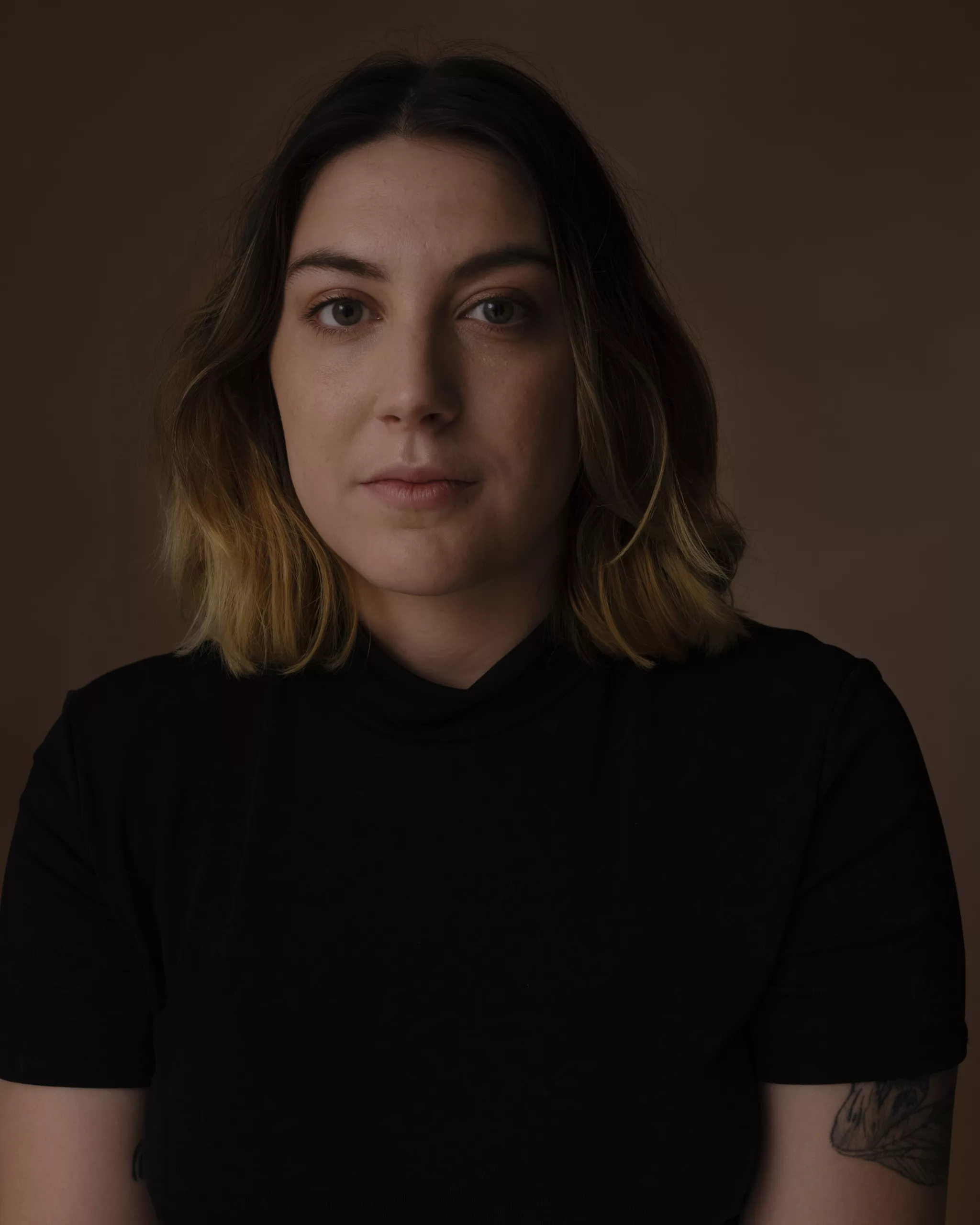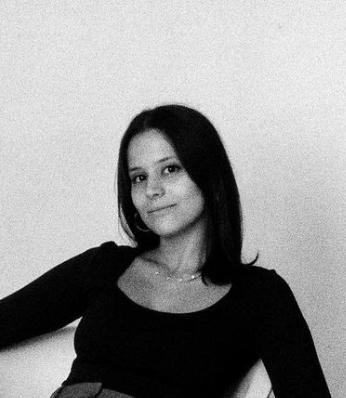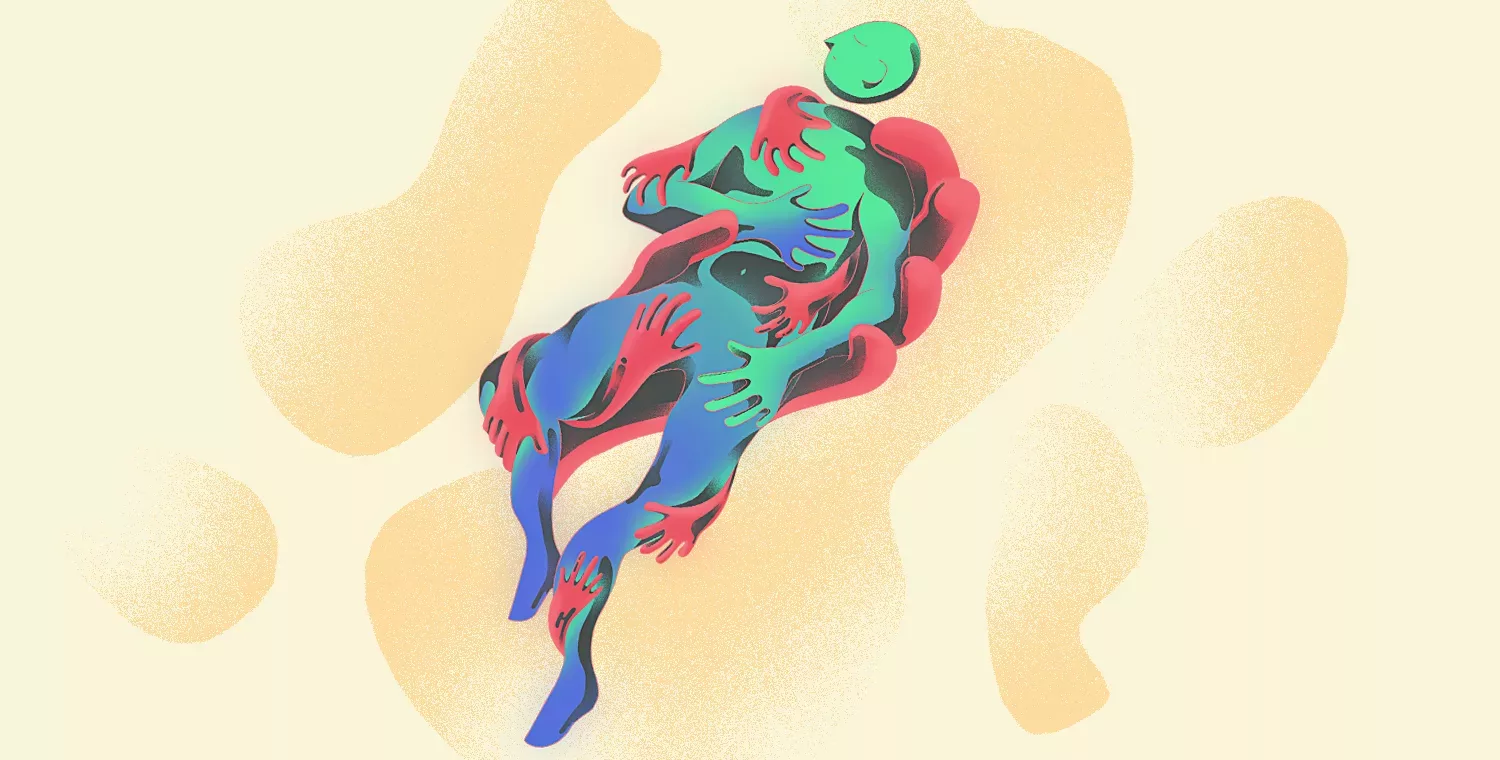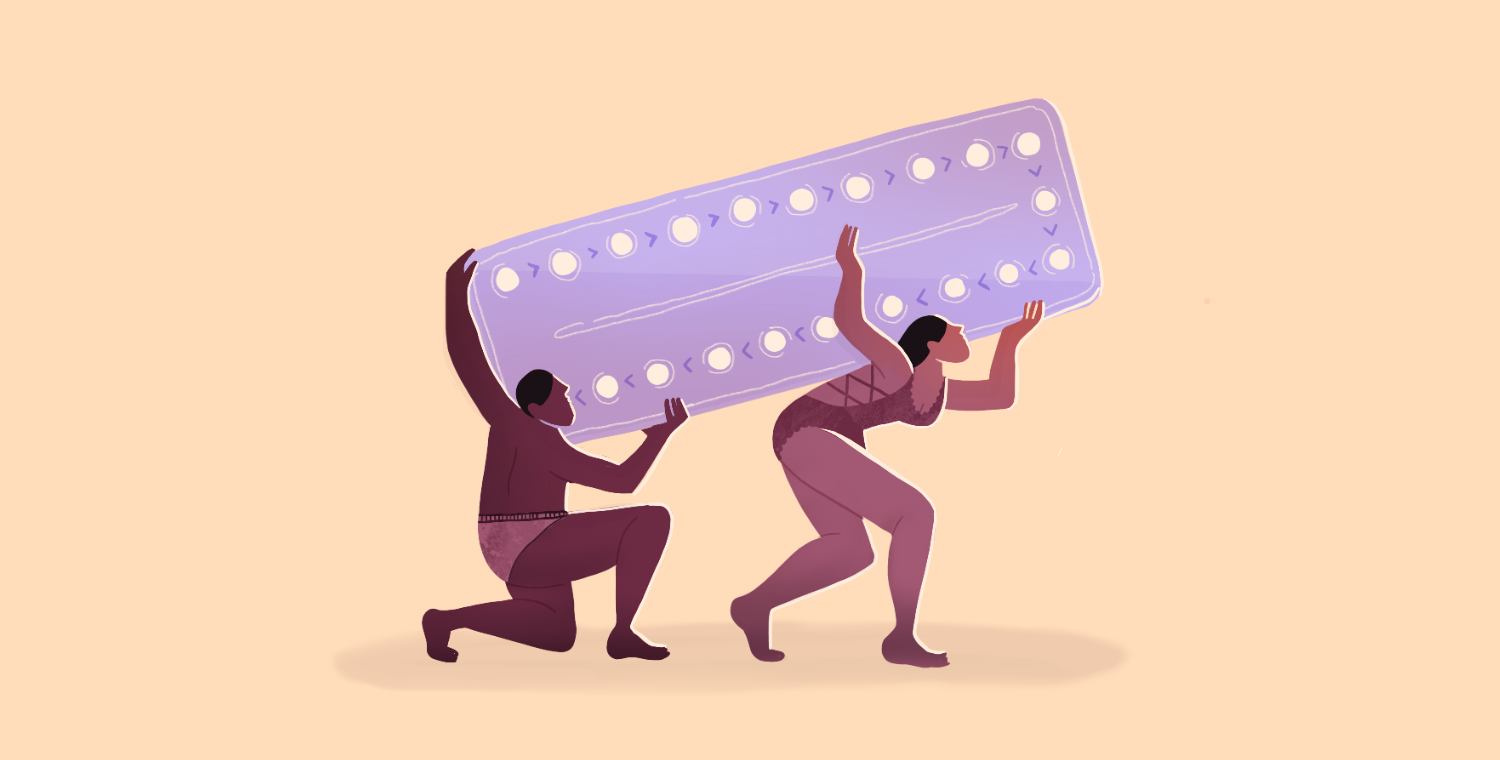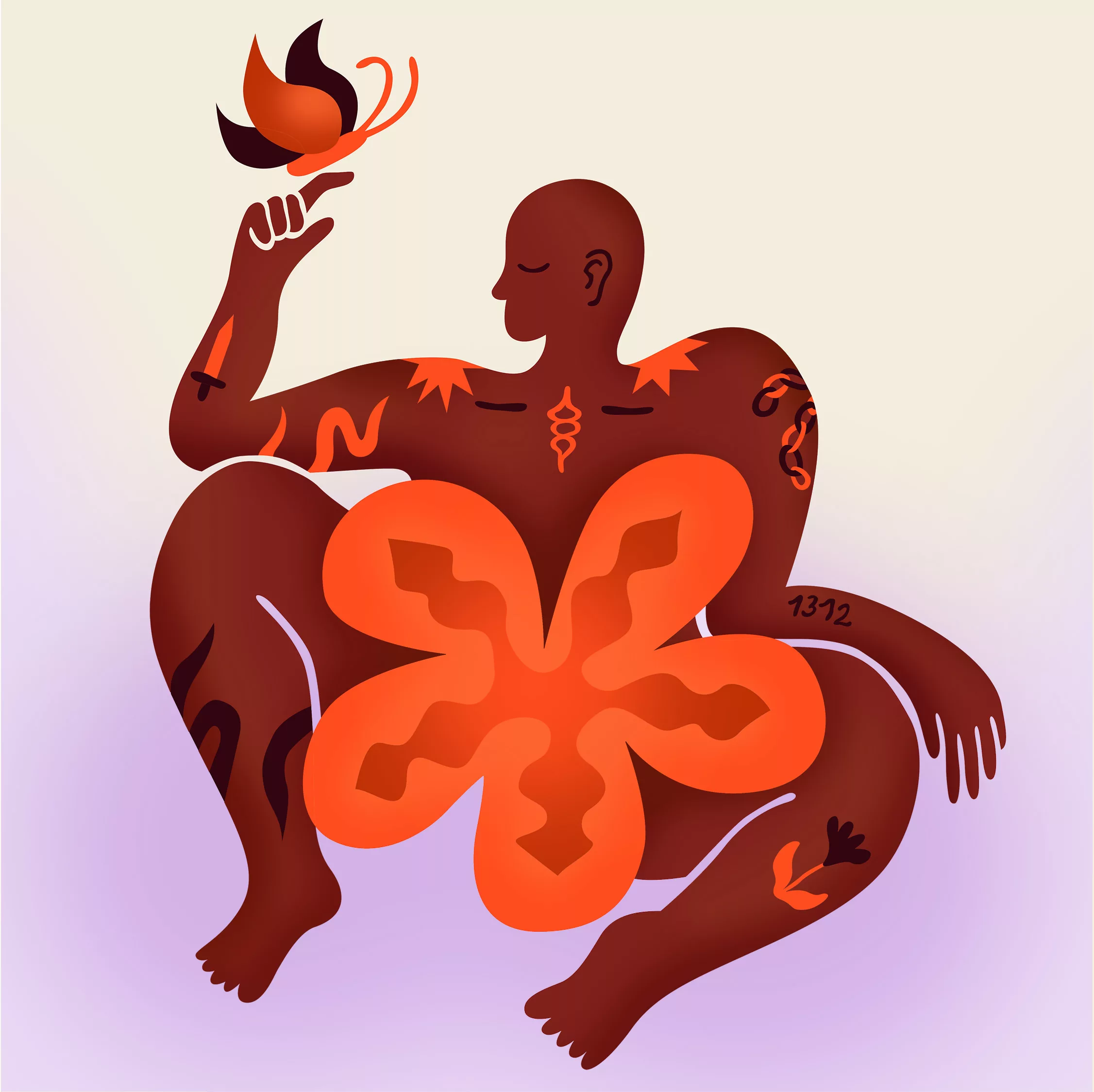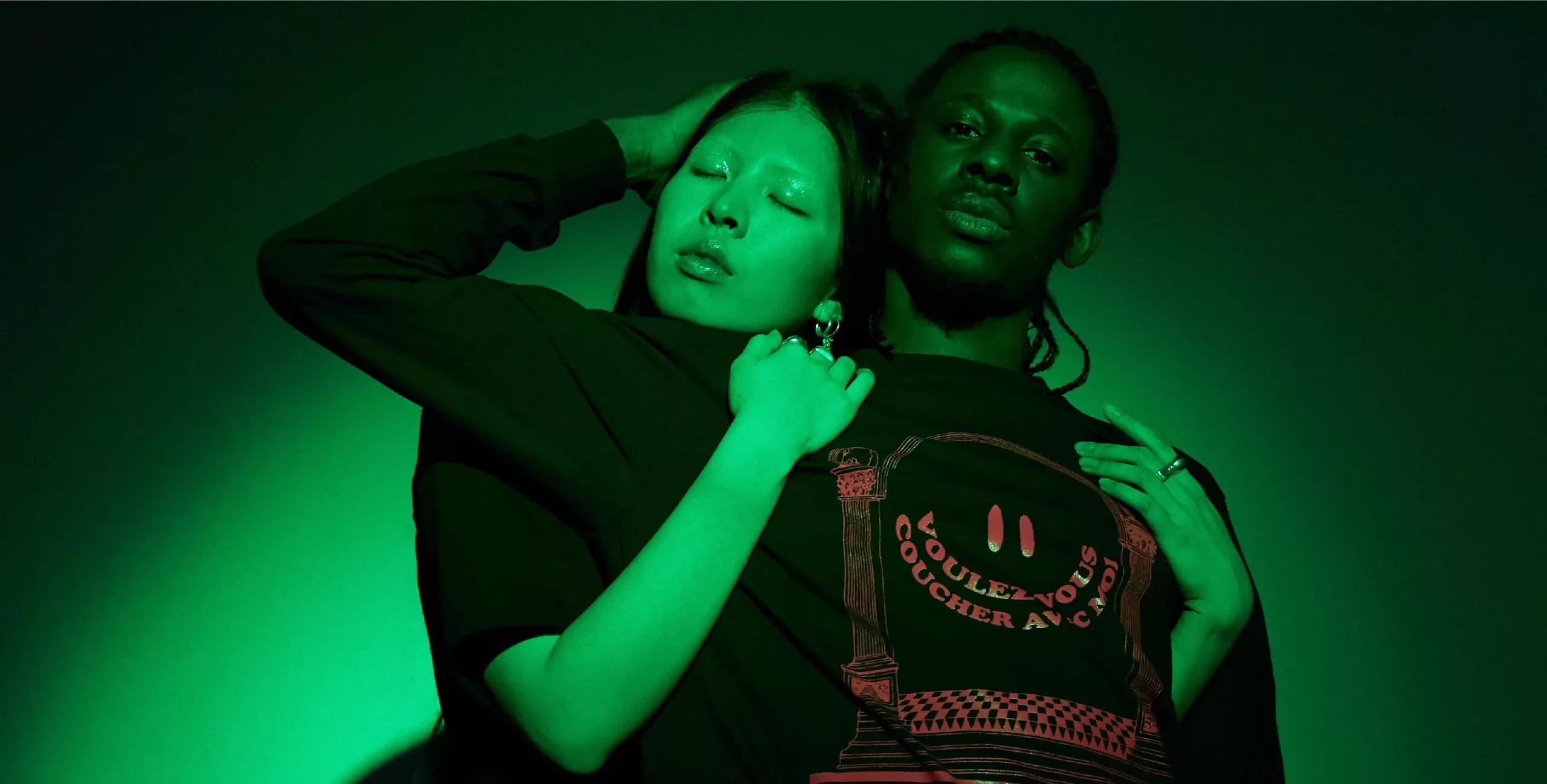Your cart is currently empty!
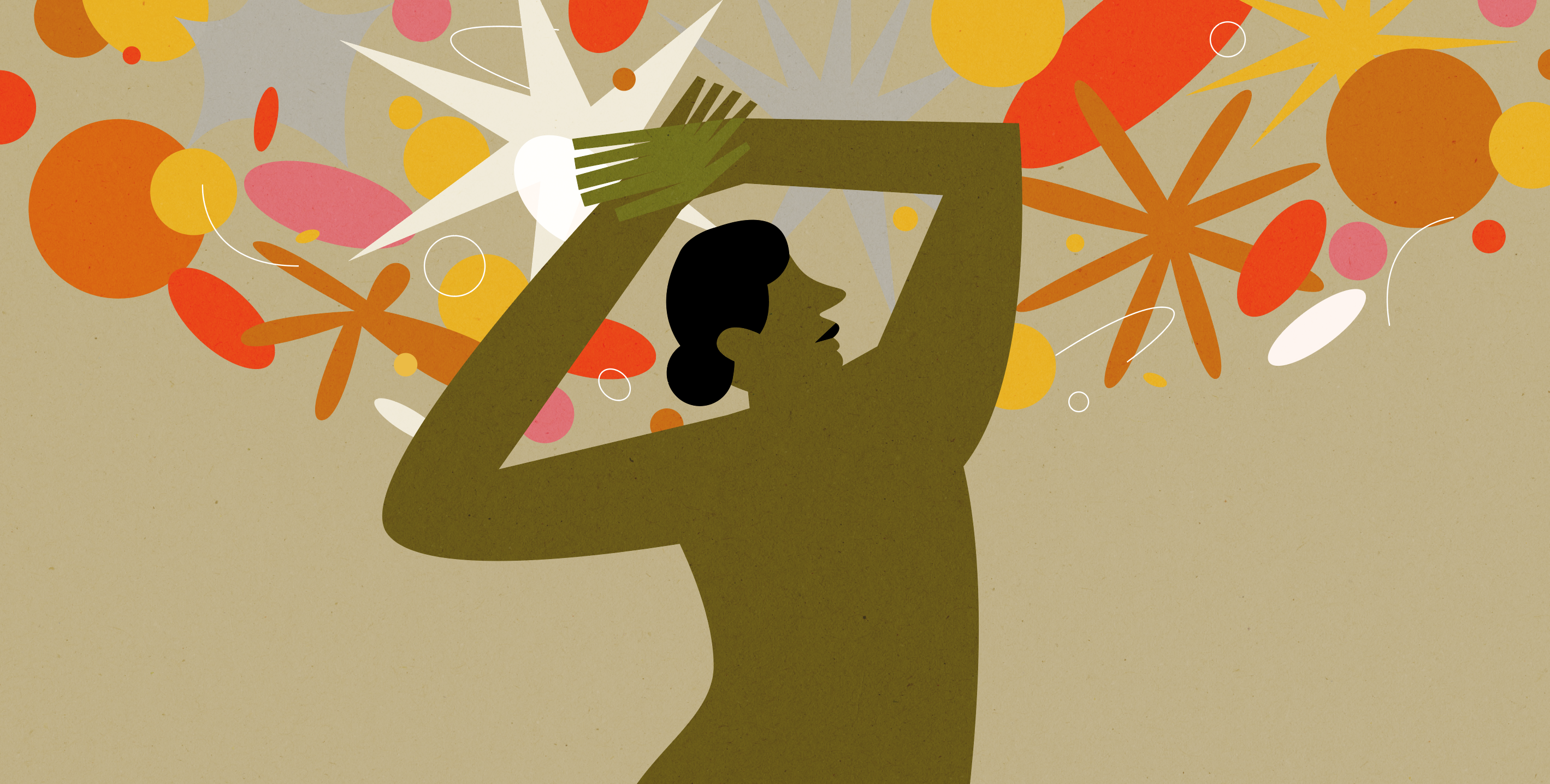
On my own and owning it: Advocating for the acceptance of singlehood
I sit down in the café. The first sip of cold latte confirms the arrival of spring and that I really did get through a December breakup, February grieving, and March loneliness. The sun warms my skin, and I smile. It might be less difficult to get used to being single again than I thought during the first few weeks post-breakup.
The caffeine continues to course through my body. The sweet taste of oat milk fills my mouth with happiness. I’m celebrating the five hours of cleaning I just finished. It’s the season of renewals.
This is it. I’ve finished putting everything in order in the wake of my ex’s departure by converting an apartment for two into an apartment for one.
This Saturday morning, since 9 o’clock, I have been listening to the podcast Le cœur sur la table. My friend Pierre recommended it. I like Pierre. The stuff he likes is usually cool.
I’m not the biggest podcast buff, probably due to an attention span issue. I’m not the biggest podcast buff, probably due to an attention span issue. Anyway. In any case, let’s just say that I normally prefer to dance to reggaeton while sweeping, mopping, and scrubbing my kitchen floor. But this morning, I said to myself, “Why the hell not?” and pushed play.
By dint of listening to one episode after the other while cleaning my patio and reorganizing my mason jars, I came to think, “You know what? To hell with the testimonial about going back to singlehood that I had started writing for Club Sexu.” I need to start over. No choice but to erase everything and start again.
A question has been on my mind ever since listening to the podcast—which, like my friend Pierre, I recommend to everyone: Why is singlehood associated with an inevitable sense of loneliness?
Above all, would I interact differently with the world if I could deconstruct the way I see my romantic “condition?”
Welcome to my political romantic essay on being alone… and liking it.
For those of you who haven’t tuned in to Le cœur sur la table, the hostess, Victoire Tuaillon, explores the idea of romantic revolution. Quite the topic! Through roundtable discussions and interviews, she invites us to reflect on how—and with whom—we get into relationships. Can we reevaluate the way we love in all our romantic, platonic, and family relationships?
While I’ve been questioning myself more openly about polyamorous structures and relationship anarchy since my breakup, I hadn’t yet examined how being labelled “single” affected how I perceived myself.
Collectively, we tend to perceive singlehood as an in-between transition state, as being between relationships: the one that ended and the one that will inevitably come along, one day when you stop looking. “You’ll see, you’ll find the pot to your lid. Your next flame will be the right one, and you’ll burn bright with love until the end of your days.”
No one actually wants to be single, right?
How can anyone want to be alone?
The problem is that if being single is just “waiting to board the next Air Romance flight,” then we’re never fully enjoying the moments and experiences that occur during this time. In addition, with that kind of thinking, being single can never be pleasant. I mean, who likes to spend hours waiting at the airport? No one, right? Those who know me know that I have a deep love-hate relationship with sayings, but the fact remains that “it’s not the destination, it’s the journey” isn’t such a crazy idea after all.
As I see spring budding in the trees in the alley behind my apartment, I smile to myself. I’m single and that makes me feel good. Really, really good. Quite frankly, it’s my favourite way of being.
My appreciation of singlehood rarely goes over well. People think I’m joking. It may even be worse than when I announce to the world that I don’t want any children, but let’s not go there because it would take another whole essay on nonmotherhood.
All that to say that I refuse to see my cleaned and organized single-living apartment and my single status as a void to be filled with a new presence. Like a hole. As a lack of.
Singlehood is not a “substate.” any more than masturbation is “subsex.”
Once I realized that masturbation wasn’t something I did while I waited to have sexual partners, every solo sex sesh became an event in itself. An encounter with my curves, my scars, the warmth of my skin, the dampness of my sex. A relationship with my body that I maintain with much more tenderness than I used to. I feel like I have similar deconstruction work to do when it comes to relationship statuses. Many of us do, actually.
Maybe it’s because I’m surrounded by a bit too many hopeless romantics, but I often have the impression that either you’re one of those people who are always partnered or you’re among those who practically never are. Like me. Rarely in a relationship, rarely for long, and without a visceral desire to be.
However, I have often had this weird feeling, this little cramp in my stomach, at the idea of ending “my life alone.”
Where does this feeling of interstellar emptiness come from, this impression of drifting through life like an unidentified single object? In fact, I am far from being alone. Between the fireworks of flirting, ephemeral romances, and the utter emptiness left in my stomach by ghosts that I cry over while in my friends’ arms, I am rarely alone. Earlier, while I was sorting my tupperware by size, I was listing in my head all my platonic loves and friendships with benefits that, in the end, satisfy all of my emotional needs.
Why would these relationships, based on their labels, be worth less than my monogamous relationship?
After all, it’s by learning to feel undeniably good about being single that we free our potential future loves from enormous pressure: that of having to complete us.
By avoiding thinking of my singlehood as a fatality from which I must be saved, I will be able to love without fearing the end, since I will know, beyond any doubt, that I am whole. Single or not.
With the arrival of summer and days of lounging in the sun, I want us to talk about it in the parks. This is what I wish for us all. That we share natural wines with open hearts and ask ourselves, “What is love, really?”
We may never find a singular answer, but simply being together, laughing and looking for meaning in our encounters with others is a form of love, is it not?
-
Adamczyk, K. (2017). Voluntary and involuntary singlehood and young adults’ mental health: An investigation of mediating role of romantic loneliness. Current Psychology, 36(4), 888–904. https://doi.org/10.1007/s12144-016-9478-3
Apostolou, M. et Christoforou, C. (2022). What makes single life attractive: an explorative examination of the advantages of singlehood. Evolutionary Psychological Science, 8(4), 403–412. https://doi.org/10.1007/s40806-022-00340-1
Day, M. V., Kay, A. C., Holmes, J. G. et Napier, J. L. (2011). System justification and the defense of committed relationship ideology. Journal of Personality and Social Psychology, 101(2), 291–306. https://doi.org/10.1037/a0023197
DePaulo, B. M. et Morris, W. L. (2005). Singles in society and in science. Psychological Inquiry, 16(2-3), 57–83. https://doi.org/10.1080/1047840X.2005.9682918
Girme, Y. U., Park, Y. et MacDonald, G. (2022). Coping or thriving? Reviewing intrapersonal, interpersonal, and societal factors associated with well-being in singlehood from a within-group perspective. Perspectives on Psychological Science. https://doi.org/10.1177/17456916221136119
Greitemeyer, T. (2009). Stereotypes of singles: Are singles what we think? European Journal of Social Psychology, 39(3), 368–383. https://doi.org/10.1002/ejsp.542
Hertel, J., Schütz, A., DePaulo, B. M., Morris, W. L. et Stucke, T. S. (2007). She’s single, so what? How are singles perceived compared with people who are married?. Zeitschrift für Familienforschung, 19(2), 139–158. https://nbn-resolving.org/urn:nbn:de:0168-ssoar-58080
Morris, W. L., Sinclair, S. et DePaulo, B. M. (2007). No shelter for singles: The perceived legitimacy of marital status discrimination. Group Processes & Intergroup Relations, 10(4), 457–470. https://doi.org/10.1177/1368430207081535
Rodrigue, C., Blais, M., Lavoie, F., Adam, B. D., Goyer, M. F. et Magontier, C. (2018). Passion, intimacy, and commitment in casual sexual relationships in a Canadian sample of emerging adults. The Journal of Sex Research, 55(9), 1192–1205. https://doi.org/10.1080/00224499.2017.1399195
Tang, J., Galbraith, N. et Truong, J. (2019, 6 mars). Living alone in Canada. Government of Canada. https://publications.gc.ca/collections/collection_2019/statcan/75-006-x/75-006-2019-3-eng.pdf
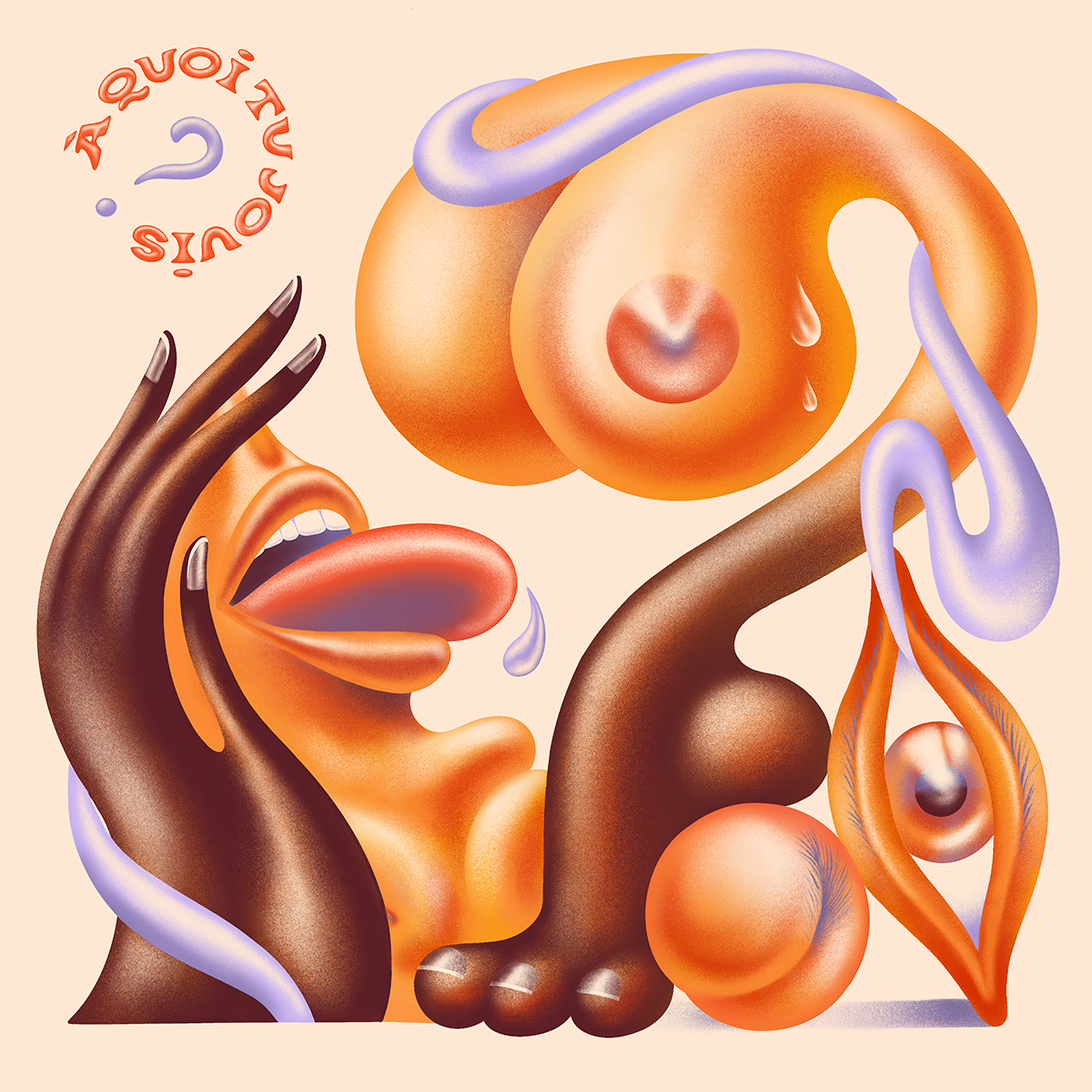
If this article resonates with you, there’s an episode of our podcast, À quoi tu jouis?, devoted entirely to celibacy (available in French only)..
